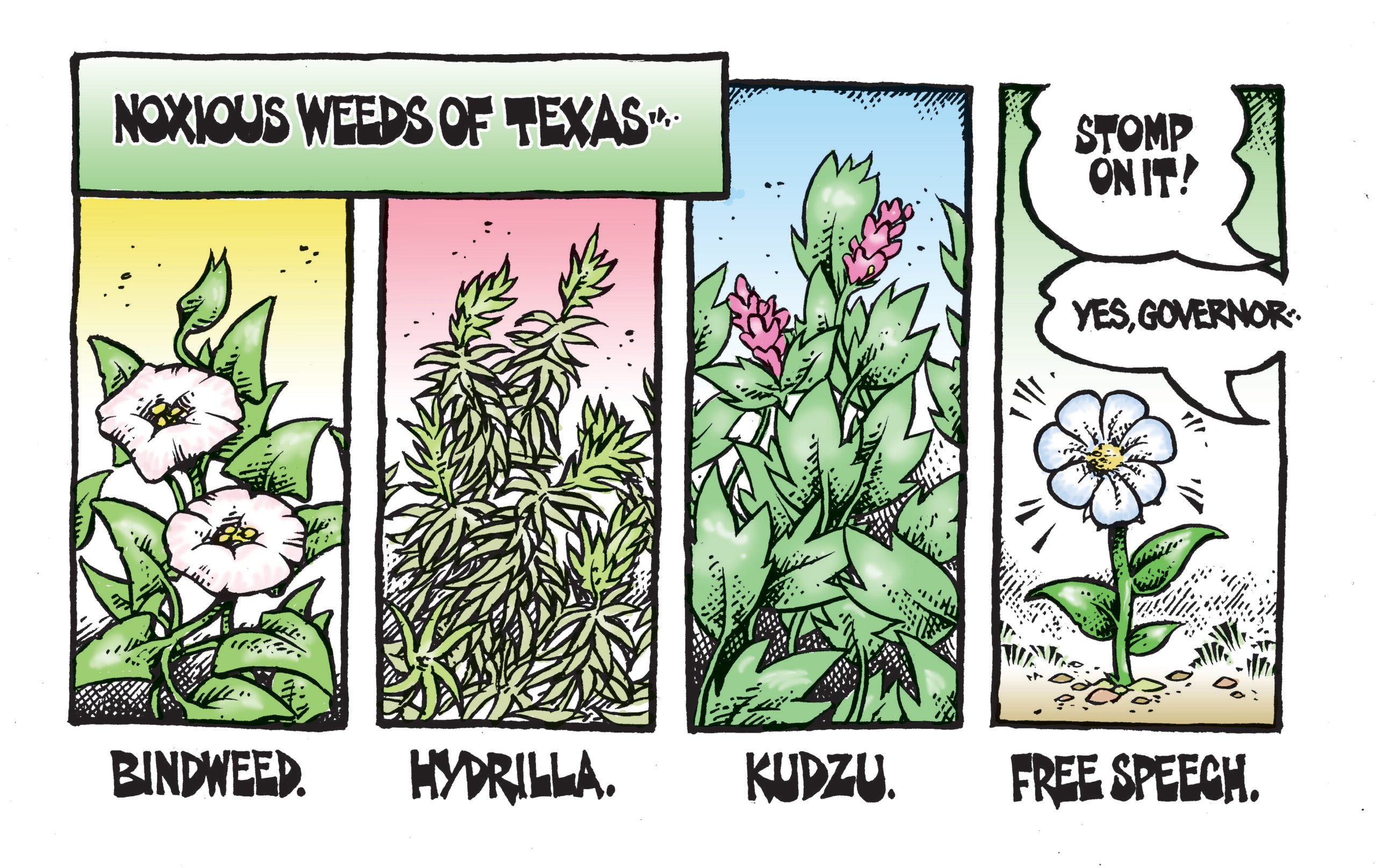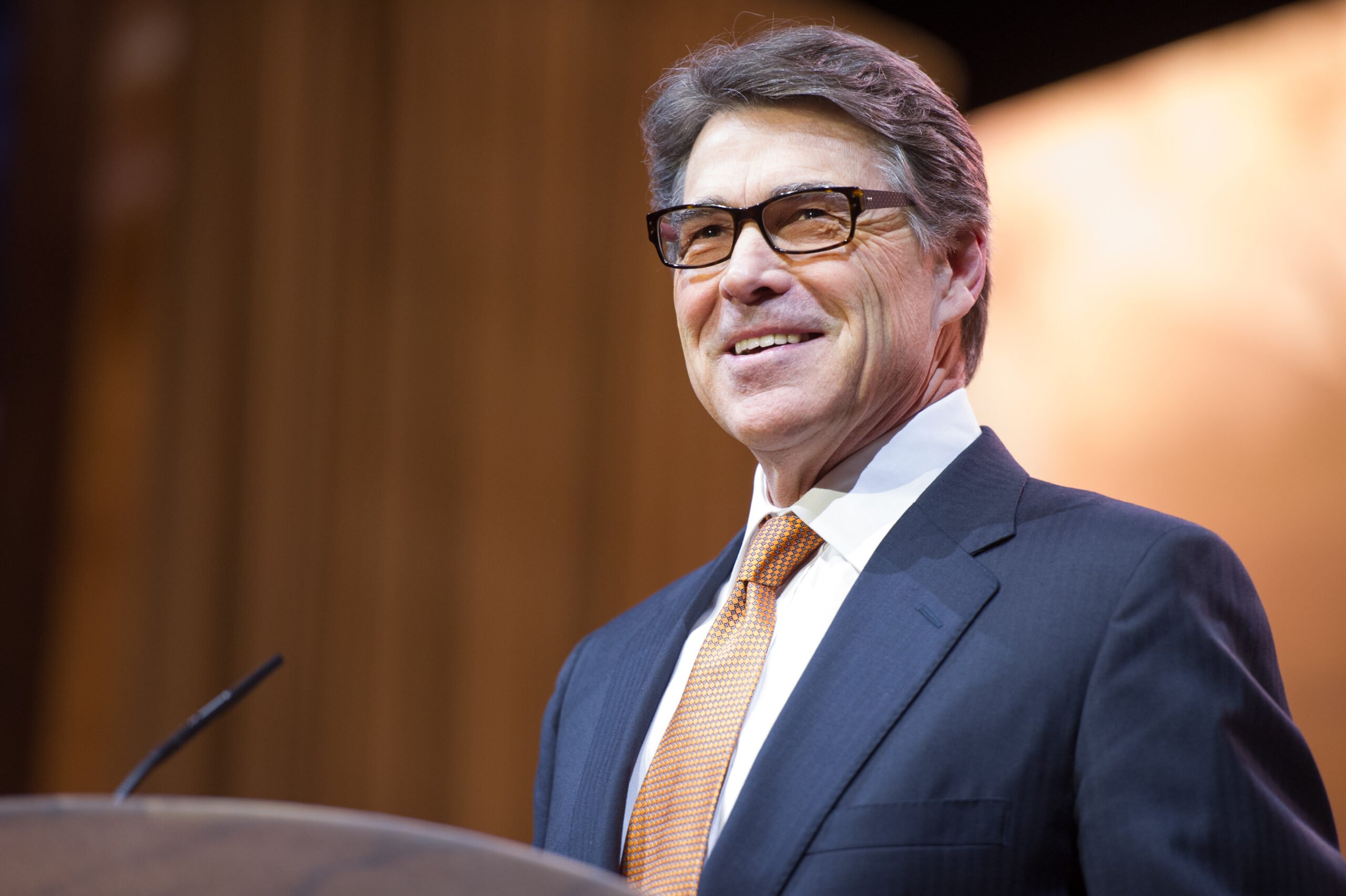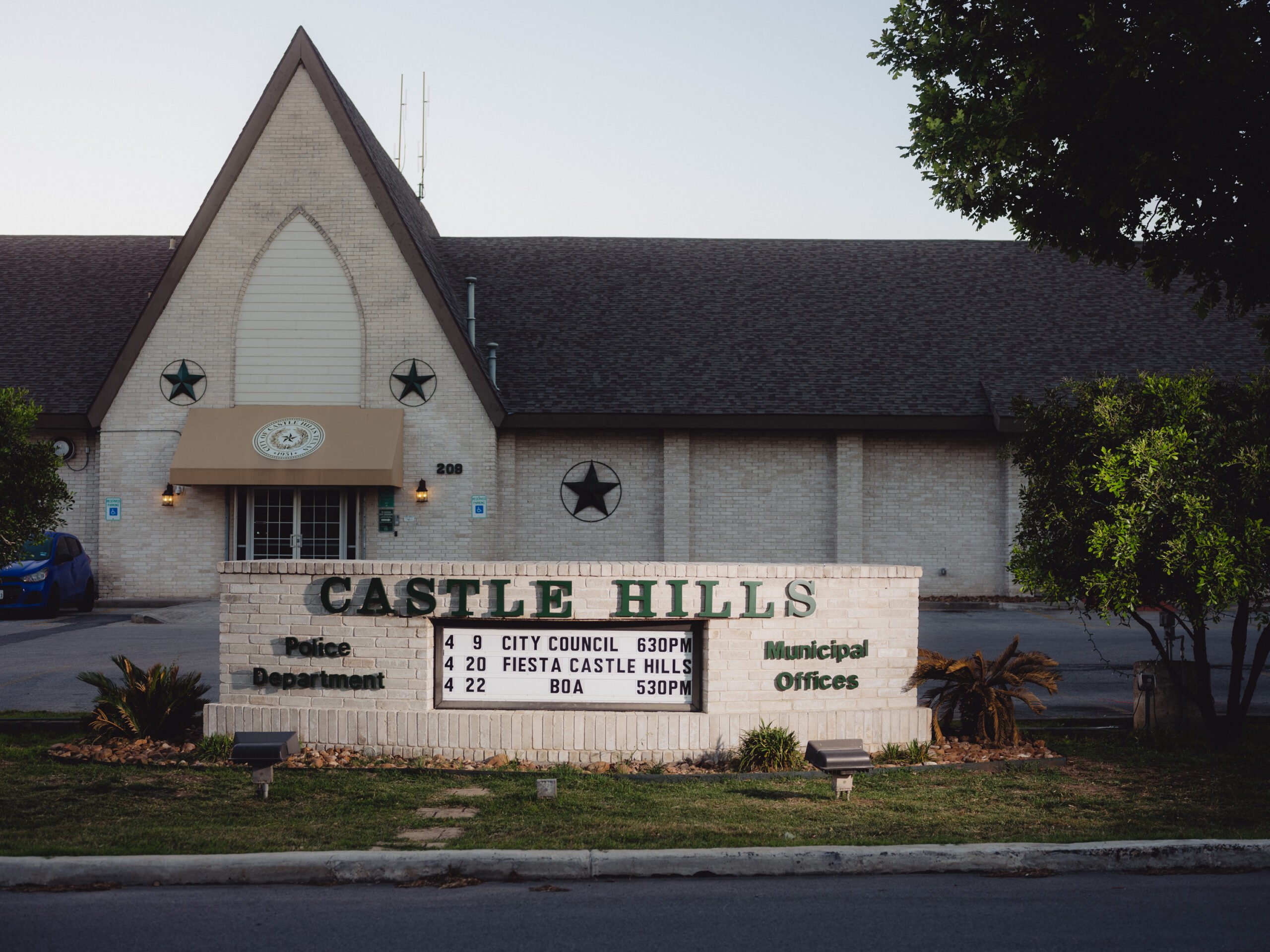ustxtxb_obs_1980_03_14_50_00018-00000_000.pdf
Page 54
THE COST PRICE WE’D LIKE TO CHANGE THAT TO KEEP EVERYBODY EATING Texas Cr! Farmers Union Mk 800 LAKE AIR DR. WACO, TEXAS 76710 817 772.7220 Friendly Spot Ice House Live music Friday and Saturday 1001 S. Alamo, San Antonio Bullock . . . from page 5 spite hearing much testimony, the jury returned no indictments. Instead, the panel released a sharp report citing eleven “serious allegations.” The jury said it couldn’t “substantiate or repudiate” the allegations because Bullock’s office “kept its own records in such a way as to hamper any investigative conclusion as to its compliance or non-compliance with the law.” In the report, which hinted at possible future indictments, jurors focused on Bullock’s travel expenses, listing allegations brought to them concerning use of state airplanes for pleasure, politics and “purely for convenience, regardless of the costs involved.” The grand jury also questioned “the necessity of inordinately expensive lodging on trips” and the “total disregard of the concept of frugality and accountability for tax dollars,” particularly his “lavish spending on office furniture and fixtures.” Bullock’s first response to the grand jury report was a carefully worded and uncharacteristically mild press release issued the day the report was returned. He and Deputy Ralph Wayne said:. “While we certainly do not agree with all the findings and recommendations of the grand jury, we recognize its responsibility to investigate allegations made against this department and our staff. The recommendations of the grand jury, along with our efforts to improve the operation of the department, cannot help but result in better government for all Texans.” But Bullock isn’t the kind to have let that be his final word. In January 1979 he issued a lengthy point-by-point response contending he had broken no laws, that the grand jury misunderstood the workings of state government, and that what the jury had investigated was, in effect, none of its business. “These 12 faceless people have done their best to disgrace me by stealing my right and the public’s right to expect honesty in the secret rooms of the courthouse,” Bullock concluded. Just for good measure, Bullock partook of the always compliant Capitol press to threaten to sue the jurors for “libel.” At about the same time Bullock was recovering from the report of the first grand jury, a second was empanelled. It might have been expected that the second panel would press the concerns raised by the first. But the second jury’s report, released in March 1979, didn’t even mention Bullock or his office, instead issuing the bland statement: “We also share the concern of prior grand juries about white collar crime at all levels of government.” In reaching that innocuous conclusion, the jury subpoenaed at least eight present and former employees of Bullock. Bullock himself was invited, not subpoenaed. He declined to appear, probably on good legal advice one rarely wants to wander into a grand jury room unless mandatory. The second jury’s focus again was on Bullock’s penchant for travel and fun. Specifically examined was a January 1976 state airplane trip to Louisiana by Bullock and six employees. That trip, and others in 1976, were for the stated, and legitimate, purpose of learning about the comparative tax systems of other states. But the trips proved very costly to Texas taxpayers, including items like $180-a-day hotel rooms. On the Louisiana trip, what looked a great deal like a coverup of freewheeling expenses caught reporters’ eyes, and perhaps the eyes of the grand jurors. Bullock and his entourage were to have gone only to the tax office at Baton Rouge, and that’s all the original flight logs showed. But after reporters began asking about wild times by the comptroller’s staff in New Orleans, the flight logs were doctored. \(Collier, who originally denied such activities while on Bullock’s staff, now has corroborated them as a jourDespite these and other inconsistencies, and Bullock’s own rationalizations, Grand Jury II came out with even less than its predecessor. In late March 1979, Ronnie Earle called a news conference which every able-bodied reporter in town attended. This is what the DA said: “Our conclusion was that there was no evidence of a prosecutable crime at this time. This means that certain matters fall into the context of political considerations. Protecting the taxpayers’ money is the mission of the Legislature not this office. The criminal justice system is not the place to seek a redress against the government. “If there’s a case, we’ll prosecute; if there’s not a case, we won’t play political games. If we were going to go any further into Bob Bullock, it would be a fishing expedition,” Earle said. “We don’t hunt witches, and we don’t fish.” With that statement the practical problems Bob Bullock had with Travis County seemed pretty much shelved, although Earle did say that Bullock’s then-deputy comptroller, Ralph Wayne, faced further investigation by the FBI, which examined tapes taken from the typewriter of Wayne’s personal secretary. She was accused of doing personal business for Wayne on state time and `I MARCH 14, 1980


